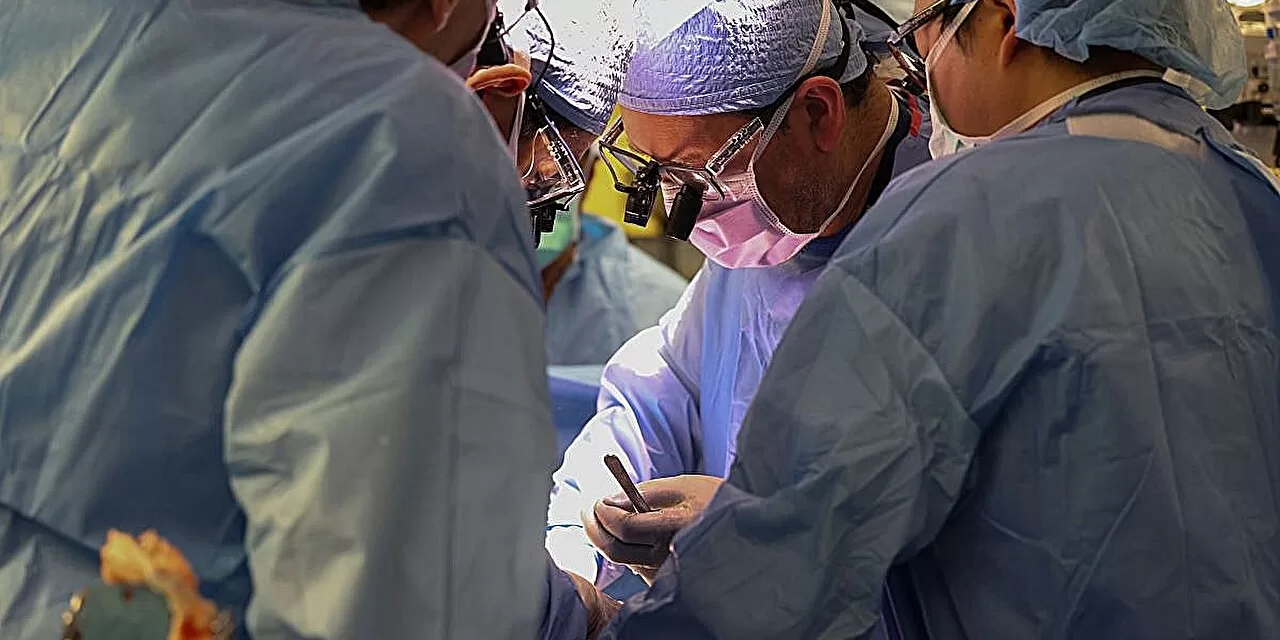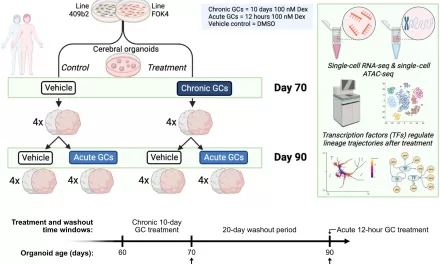A new study led by Michigan Medicine has found that one in five older adults develop infections within six months of undergoing heart surgery, with women facing a significantly higher risk. The research, published in The Journal of Thoracic and Cardiovascular Surgery, examined thousands of cases involving Medicare beneficiaries who underwent coronary artery bypass grafting (CABG) or aortic valve replacement.
Women at Higher Risk of Infection
The study revealed that women had 60% greater odds of developing postoperative infections compared to men. The most common infections observed were urinary tract infections (UTIs), pneumonia, and sepsis. Black patients also had a higher rate of overall infections (28%) compared to white patients (19.2%), highlighting disparities in post-surgical outcomes.
“Our investigations highlight persistent disparities in outcomes for patients undergoing cardiac surgery that will require multidisciplinary efforts to correct,” said Dr. J’undra N. Pegues, first author of the study and a research fellow in the Department of Cardiac Surgery at U-M Health.
Hospital Variability in Infection Rates
One of the studies, which analyzed data from hospitals across Michigan, found that 21.2% of Medicare beneficiaries developed an infection within six months post-surgery. Pneumonia and UTIs accounted for nearly 17% of all infections. The research also revealed that infection rates varied by as much as 40% across different hospitals.
“Tracking infections beyond the short time horizon is important, as some hospitals are better equipped than others to prevent infections, and some patients face disproportionate challenges given social determinants of health,” Pegues explained.
Longer Follow-Up Period Sheds Light on Infection Risks
Previous studies reported lower infection rates, but the current research suggests this was due to a shorter follow-up period of 30 days. The new study, which followed patients for six months, found significantly higher infection rates, suggesting that many postoperative infections develop later than previously assumed.
“Patients who have a heart bypass or valve replacement surgery are at risk for developing other infections that may come about over a longer period of time, such as UTIs and gastrointestinal infections,” said Dr. Donald Likosky, senior author of the study and research professor at U-M Medical School.
Most national registries do not track these infections beyond 30 days, which likely results in an underestimation of the true burden of post-surgical infections, added Dr. Charles Schwartz, co-author and chair of the Department of Surgery at Trinity Health Oakland.
Addressing Disparities and Preventing Infections
The study also found that patients treated at lower-performing hospitals, which had higher expected infection rates, were more likely to be discharged to extended care or rehabilitation facilities. The researchers emphasized the need for collaborative learning efforts among healthcare systems to reduce disparities and improve patient outcomes.
“The findings highlight that patients are at risk for developing infections early and late after their cardiac surgical procedure,” said Dr. Francis Pagani, co-author and professor at U-M Medical School. “Other age-related health conditions, such as diabetes, high blood pressure, and cancer, may contribute to later-occurring infections.”
A statewide quality improvement initiative implemented between 2012 and 2017 helped hospitals lower pneumonia rates by adopting infection prevention strategies. Researchers recommend similar efforts to further reduce infection risks and improve patient care.
“Our study reinforces the importance of bringing together hospitals and community stakeholders to identify and implement potentially modifiable hospital and community practices to prevent postoperative infections,” said Dr. Syed Sikandar Raza, first author and thoracic surgery resident at U-M Health.
Disclaimer:
This article is based on findings from recent studies and does not constitute medical advice. Patients should consult their healthcare providers for personalized medical guidance.












